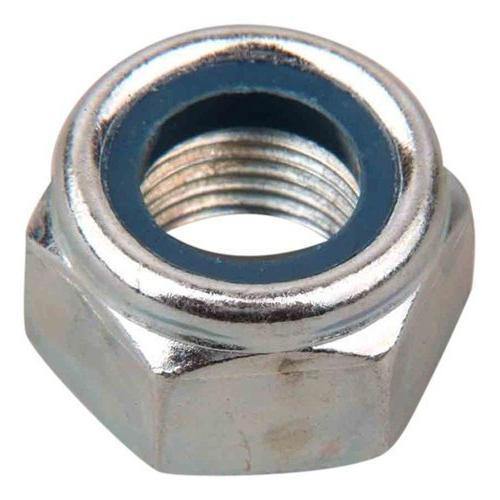Marine hardware fulfills many purposes on watercraft. Common rigging equipment includes:
- Snap hook:
Snap hooks are a versatile tool used to secure anchor chains, organize gear, tie down traps, or customize pulley systems. Organized boaters are always supposed to keep a supply of marine snap hooks on their vessels.
- Rope cleats
Boaters use Rope Cleats to secure ropes and knots.
Rope cleats permit Kayakers to modify their rig for comfort and constancy. - Double-end Hooks
- Rings
- Fixed, open, and swivel-eye snaps
These are flexible components for sailboats, fishing canoes and pontoons.
Hardware made with wrong materials sustains damage from sea salt, wind and water
Environmental stress weakens the hardware and endangers lives and property.
Material selection for marine application

Everybody should create a box to keep all of your hardware stuffs. Most common type of fasteners you find are going to be eighteen eight fastener stainless. there are also a 316 stainless which is a little bit more as a little bit more chrome in the metal, little bit more resistant to rusting, if you are in a salt environment if you get a choice between the two you certainly want to go with the 316 but most of the hardware store and marine outfitters the average fasteners going to eighteen eight.

They have got a nylon washer in there. when you tighten down it won’t back off there is almost no fastener on your boat that you want to have work loose and just like knots a big part of fastener choices and whether you use these types of nuts or if you use a thread locking compound it’s also about getting it off. If you use regular nickel-plated screws from the hardware store they are going to rust pretty aggressively to the point that you won’t be able to get it apart.
If you have fasteners that are going into things that don’t have nut on the backside then you probably want to use one of the thread lockers that’s out there you can use blue loctite for forever. And the blue loctite the original thread locker medium blue loctite is called 242.
Material selection for marine application
- Corrosion-resistant metals protect vital marine hardware from degrading in aquatic conditions.
- Optimal materials for marine environments may include :
- Durable brass alloys work well for underwater application
- Brass prevents submerged components from wearing away in salty or high-pressure waters.
- Steel is a cost effective solution for milder marine conditions. This material withstands sun and wind damage. Steel alloys may not be the best fit for those who frequent saltwater environments.
- Stainless steel is attractive and highly resistant to rust. It also less prone to pitting and corrosion from salt water.
- Die-cast zinc – withstands high temperatures, making it ideal for protecting motorized equipment.
- Fasteners
Everybody should create a box to keep all of your hardware stuffs. Most common type of fasteners you find are going to be eighteen eight fastener stainless. there are also a 316 stainless which is a little bit more as a little bit more chrome in the metal, little bit more resistant to rusting, if you are in a salt environment if you get a choice between the two you certainly want to go with the 316 but most of the hardware store and marine outfitters the average fasteners going to eighteen eight.
- Nylock nuts
They have got a nylon washer in there. when you tighten down it won’t back off there is almost no fastener on your boat that you want to have work loose and just like knots a big part of fastener choices and whether you use these types of nuts or if you use a thread locking compound it’s also about getting it off. If you use regular nickel-plated screws from the hardware store they are going to rust pretty aggressively to the point that you won’t be able to get it apart.
If you have fasteners that are going into things that don’t have nut on the backside then you probably want to use one of the thread lockers that’s out there you can use blue loctite for forever. And the blue loctite the original thread locker medium blue loctite is called 242.
So search for marine hardware near me and grab your essential hardware for your marine wisely!
Comments
Post a Comment